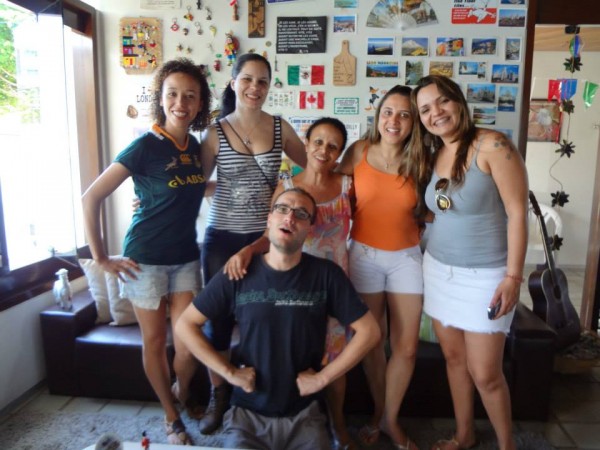When it comes to finances Venezuela is the one country where it is hugely advisable to do some research. Recent devaluations of the Bolivar, constant inflation which ranks by far the highest in Latin America and a black market for dollars makes it one of the most complex places to work out how to get the best value.
The best thing you can do is to bring lots of foreign currency with you, either Colombian Pesos to change when you’re coming through the border or dollars to exchange once you’re in the country. Obviously, you may worry whether it’s wise to bring so much money with you into Venezuela but if you can hide it in enough places in your bag and on your person then it’s worth the gamble. I would obviously not recommend keeping all of your money in one place as the amount of stop-searches (especially if you’re travelling by bus as seemingly every state will want to search your bags when you enter) that will happen to you in Venezuela is huge and even if the police/military are good people it will save you a lot of stress if you know that it’s not TOO easy to access all of your money.
I entered Venezuela with the equivalent of a pocket full of change. This meant that I had to withdraw all my money from the cash machines, at the current exchange rate of £1 to 9.5 Bolivares (Bs.F.). The maximum amount that showed up for quick withdrawals was Bs.F. 600 so I would normally take out the equivalent of £60 at a time, an amount that would last me a day or so (accommodation is not cheap).
However, when I entered the country I had 150,000 Colombian Pesos and changed those for 1,500 Bolivares. 150,000 Colombian Pesos is the equivalent of £50 and so for the equivalent of £50 I got an amount of Bolivares that would have cost me £157 to withdraw from the bank! That is some crazy exchange rate!
On my last couple of days I stayed in Maracaíbo where I got a bed for $30 per night. As well as offering a price in dollars the guesthouse offered a price in Bolivares of Bs.F. 400, which amounts to just over $60 using the current exchange rate. So, for paying in dollars I got half the price of if I had paid in Bolivares.
When I spoke to a couple of friends in Maracaíbo they told me that both the dollars and the Bolivares prices were both ridiculously high. They told me that the current price of a dollar in Venezuela is Bs.F. 21 to $1, which meant that by paying in dollars I was actually paying the equivalent of Bs.F 630 per night, around 50% higher than the normal price in Bolivares. Confused? So am I. What it basically means is if I bought the dollars in Venezuela (not a very good idea) then I should have paid in Bolivares, but if I had brought the dollars from another country then I should pay in dollars. Even then I shouldn’t have paid in dollars as if I had got them converted first using the crazy exchange rate in Venezuela I would have got far more for my money.
The lesson I learnt is essentially not to trust the cash machines or pay for anything in dollars (as you’re better off changing them using the ludicrously high black market rates first). Next time I come to Venezuela (presuming there is a next time) I will arrive with a stack of Colombian Pesos and dollars and get them all changed on the border before hiding them in pockets, the many compartments of my rucksack, between books and in CD cases. Even if I lose a few notes on the way it’s well worth it for the potential of tripling (if you have Colombian Pesos) or quadrupling (if you have dollars) your currency.
It’s a situation that the Government has not turned a blind eye to, and the reason for the recent devaluation was partly to stop this black market. You can read the latest update on the situation here.













